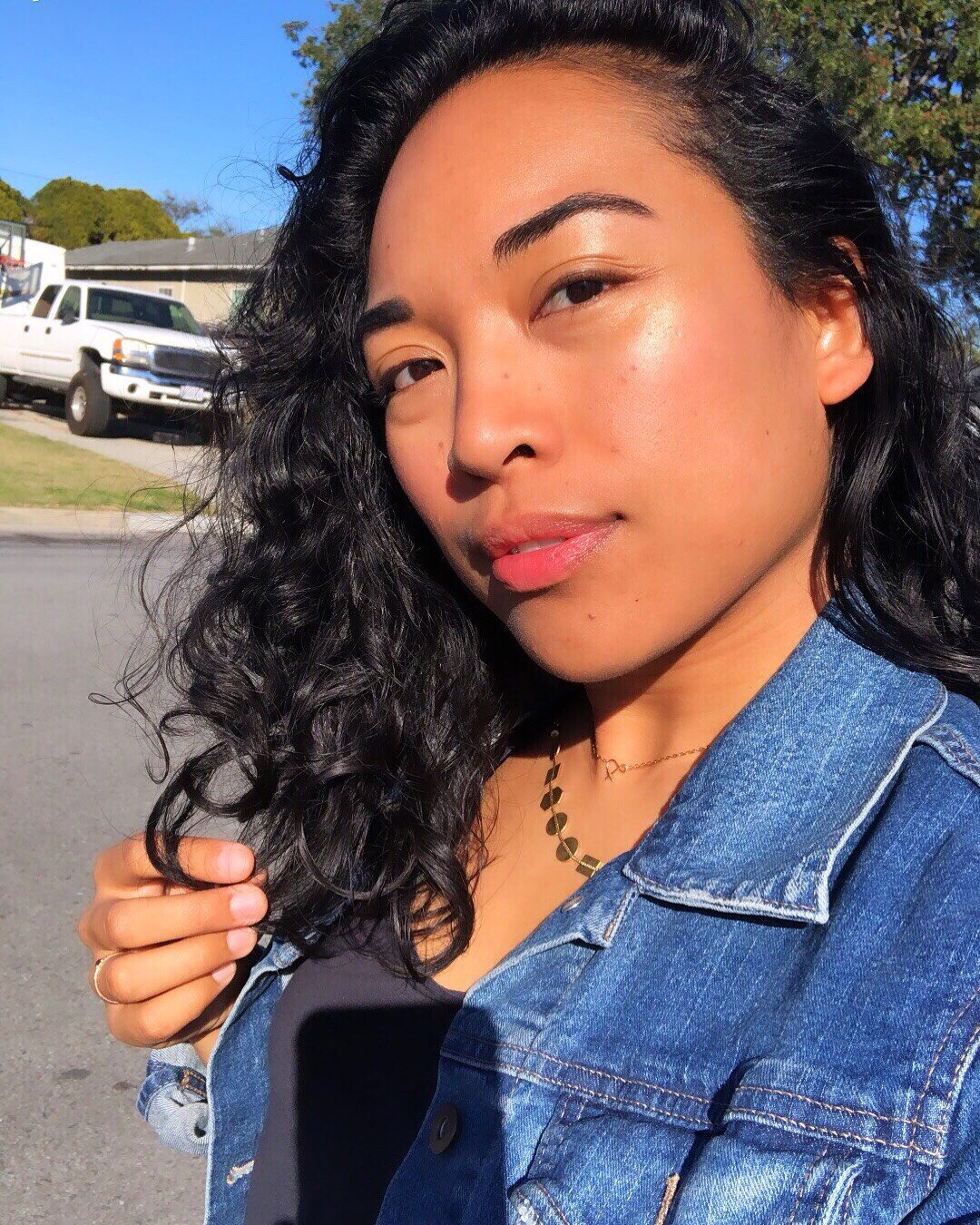What are your intersections?
I am Canadian-born, and my background is half Chinese and half European. I identify as a woman, and have recently come to terms with my fluid sexuality. I’m comfortable with the label “bisexual” for myself, but I’m still figuring it out.
What is your background?
I grew up in a predominantly white suburb, and remember sensing my otherness from a young age. I am privileged in so many ways—I come from a financially stable and supportive family and my light skin and white-resembling features have allowed me to pass as “ethnically ambiguous”. But race was never a topic of conversation in my family, and it wasn’t until I was older that I become aware that all these seemingly odd quirky things about my family and Chinese grandparents were really cultural traditions shared by so many people. I had always just thought my family was a little odd, and tried to hide these embarrassing details. I was the only mixed-race cousin on both sides of my family growing up, which feels like a microcosm for my existence in this world. Not really white, but not Chinese enough to fit in comfortably with what I thought of as “real Asians”. My very existence felt and sometimes still feels like a contradiction.
How do your intersections affect you?
I remember being about 7 or 8 and looking in the mirror and absolutely hating what I saw. I used to obsess over making lists of all the features I wish I had, and it was always the same: blonde hair, big blue eyes, pale skin with a peachy undertone (not yellow), and no body hair. I started wearing a clothespin on my nose at home to try to make it more pointy like the faces of my classmates. I thanked whatever god I believed in at that time that my eyes were big at least. I think of this little girl hating every bit of herself that wasn’t white and it makes my heart bleed. And I think of all the other people who look in the mirror and feel the same way and it makes me want to take action. It makes me want to work harder at dismantling all the white supremacist bullshit we live with, and uplift all the BIPOC who are out there grappling with that same hatred.
I feel like I’m just beginning to reclaim those parts of me that I shunned for so long. For the first time in my life, I feel proud to tell people my Chinese name. I feel proud of the foods I ate and grew up with, and we’re working on incorporating some of those dishes into our cooking at home. I feel so proud of all the Chinese traditions and culture still present in my life, but also such shame for the parts I’ve lost. I had dinner with all my Chinese cousins recently, after years of not seeing them. I went home feeling so broken and lost seeing how in touch they all still were with their heritage. Their fluency in Cantonese and the everyday culture present in their lives had me feeling so inadequate. When I shared these feelings with my internet sisters, they reminded me that my culture and ethnicity is mine to claim. It lives within me, and neither time nor space can take that away.
What has helped me feel comfortable in my own skin more than anything else is the community I’ve found online. When the #10x10representationmatters community grew, it was one of the first times I felt like I just fit somewhere. I felt understood and seen, in a way I never have before. There was space for me, and for all of us there. It felt like coming home.
..........
#TWintersectionalfridays: Space to explore intersections of identity and systems of oppression. Space to tell your story. Space to listen. Every Friday of 2019. // Week 19/52. 'Yena' / 8x8 in. / mixed media on paper





































